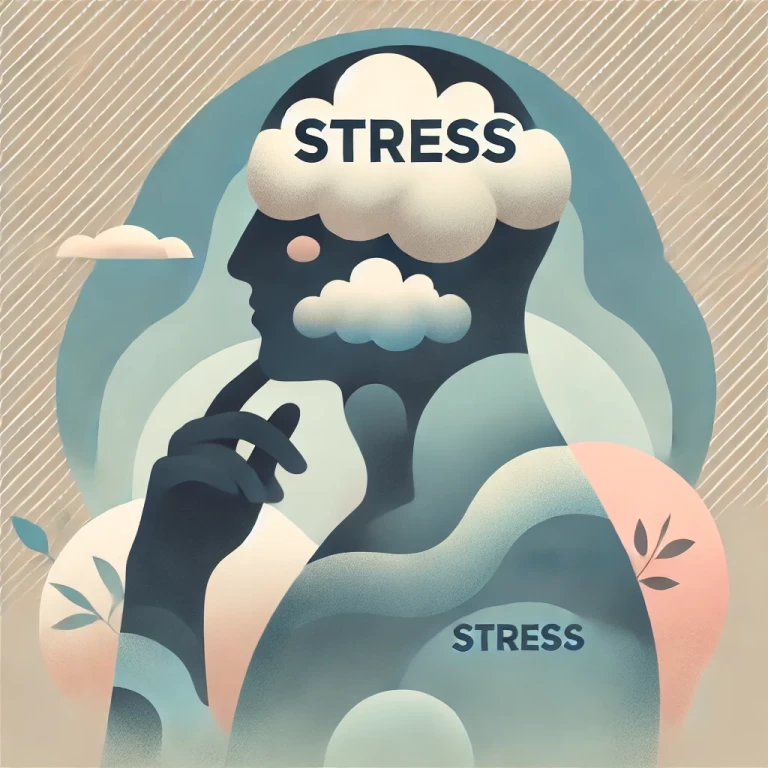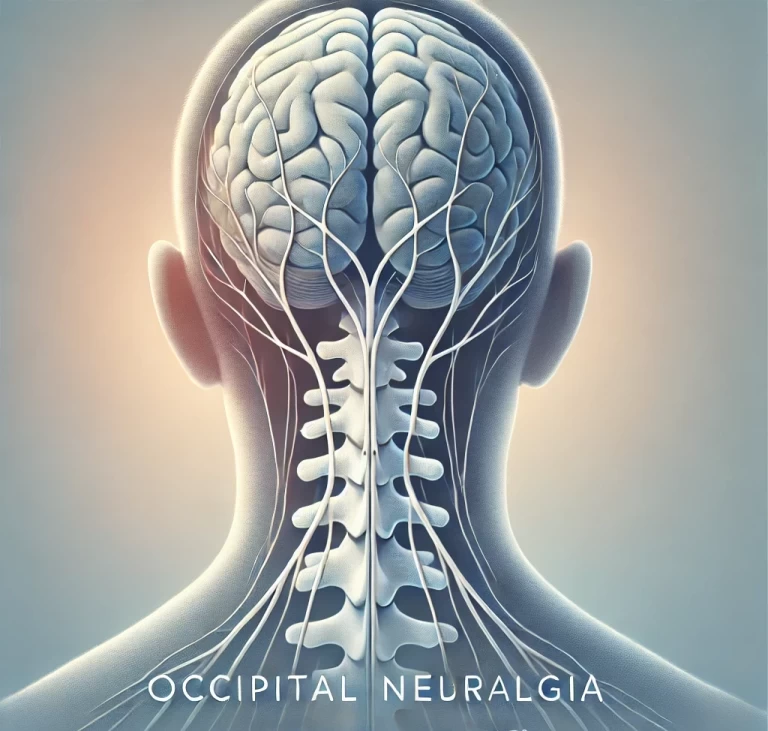
How Stress Affects Your Neck and Nervous System
Stress is a natural part of life, but when it becomes chronic, it can wreak havoc on your body, particularly your neck and nervous system. The neck, especially the upper cervical region, plays a vital role in protecting the brainstem and ensuring proper nerve communication between the brain and the body. Chronic stress can lead to tension, misalignments, and disruptions in this critical area, causing a host of physical and emotional symptoms.
By downloading the Digital Patient Chart mobile app you can better control your patient portal.
In this article, we’ll explore how stress impacts your neck and nervous system, the symptoms you might experience, and how upper cervical chiropractic care can help restore balance and relieve the burden of stress on your body.
The Connection Between Stress and Your Neck
1. The Physical Effects of Stress on the Neck
When you’re under stress, your body responds with a “fight-or-flight” reaction, triggering the release of hormones like adrenaline and cortisol. This response prepares you to handle immediate danger but also causes muscles to tighten, especially in the neck and shoulders. Chronic stress leads to prolonged muscle tension, resulting in:
- Neck Pain and Stiffness: Stress-induced muscle tension can cause soreness, limited mobility, and chronic discomfort.
- Misalignments in the Upper Cervical Spine: The atlas (C1) and axis (C2) vertebrae are particularly vulnerable to stress-related tension. Misalignments here can disrupt nerve function and create further issues.
2. The Nervous System’s Role
The nervous system governs every function in your body, including your ability to manage and adapt to stress. The brainstem, housed within the upper cervical spine, acts as the command center for the autonomic nervous system (ANS), which has two key components:
- Sympathetic Nervous System (SNS): Activates the fight-or-flight response.
- Parasympathetic Nervous System (PNS): Promotes relaxation and recovery.
Chronic stress keeps the SNS overactive, preventing the PNS from engaging effectively. This imbalance can lead to nervous system dysfunction, leaving your body in a constant state of tension and hypervigilance.
Symptoms of Stress on the Neck and Nervous System
When stress takes a toll on your neck and nervous system, it can manifest in various ways. Common symptoms include:
Physical Symptoms:
1. Neck Pain and Tension:
- Tightness or soreness in the neck and shoulders.
- Difficulty turning or tilting the head.
2. Headaches and Migraines:
- Tension headaches caused by neck muscle tightness.
- Migraines triggered by disrupted blood flow or nerve signals.
3. Vertigo and Dizziness:
- Stress-related neck tension can affect the vestibular system, leading to balance issues.
4. TMJ Pain and Jaw Dysfunction:
- Clenched jaw or teeth grinding during stressful periods can contribute to temporomandibular joint dysfunction (TMJ).
Emotional and Cognitive Symptoms:
1. Brain Fog:
- Difficulty concentrating or remembering things, often linked to nervous system overstimulation.
2. Sleep Disruptions:
- Chronic stress interferes with the body’s ability to relax, leading to insomnia or restless sleep.
3. Mood Changes:
- Irritability, anxiety, or depression due to prolonged activation of the stress response.
How Upper Cervical Chiropractic Care Can Help
Upper cervical chiropractic care focuses on the alignment of the atlas (C1) and axis (C2) vertebrae, which play a crucial role in maintaining proper nervous system function. Here’s how this specialized care can address the effects of stress:
1. Restoring Nervous System Balance
Misalignments in the upper cervical spine can place pressure on the brainstem, disrupting nerve communication and exacerbating the body’s stress response. By correcting these misalignments, upper cervical care helps:
- Relieve pressure on the brainstem.
- Optimize nervous system function.
- Restore balance between the sympathetic and parasympathetic nervous systems.
2. Reducing Muscle Tension
Chronic stress often leads to tight muscles in the neck and shoulders. Misalignments in the upper cervical spine can worsen this tension. Precise adjustments can:
- Alleviate muscle tightness by restoring proper spinal alignment.
- Improve range of motion and relieve chronic pain.
3. Improving Blood and Cerebrospinal Fluid Flow
Stress-related neck tension can restrict blood flow to the brain and impede cerebrospinal fluid (CSF) circulation. Upper cervical adjustments enhance circulation, which can:
- Reduce headaches and migraines.
- Improve cognitive function and alleviate brain fog.
The Benefits of Upper Cervical Chiropractic Care for Stress Management
Patients undergoing upper cervical chiropractic care often report significant improvements in their ability to handle stress. Benefits include:
1. Relief from Chronic Pain
Many patients experience a reduction in neck pain, headaches, and related symptoms after receiving upper cervical adjustments. This relief allows them to focus on relaxation and recovery.
2. Improved Sleep Quality
By restoring nervous system balance, upper cervical care helps promote better sleep patterns, enabling the body to recharge effectively.
3. Enhanced Mood and Emotional Resilience
Reducing physical tension and restoring proper nervous system function often leads to better mood regulation and a greater ability to cope with stress.
Preventing Stress-Related Neck and Nervous System Issues
While upper cervical chiropractic care is highly effective, incorporating preventative measures can further reduce stress and its impact on your body. Consider the following tips:
1. Practice Good Posture
Poor posture, especially during long hours at a desk or computer, can exacerbate neck tension. Focus on:
- Keeping your head aligned with your spine.
- Using ergonomic furniture to support proper alignment.
2. Engage in Relaxation Techniques
Mind-body practices can help calm the nervous system and reduce stress levels. Consider:
- Meditation: Focusing on deep breathing to activate the parasympathetic nervous system.
- Yoga: Stretching and strengthening muscles to alleviate tension.
- Progressive Muscle Relaxation: Releasing tightness in specific muscle groups.
3. Stay Active
Regular exercise helps release endorphins, improve blood flow, and reduce muscle tension. Activities like walking, swimming, or light stretching are especially beneficial for the neck and shoulders.
4. Seek Professional Help When Needed
If stress and its physical symptoms become overwhelming, consulting a Cedar Rapids chiropractor or an upper cervical chiropractor near Marion, Iowa, can provide targeted relief.
Why Choose Upper Cervical Chiropractic Care?
Upper cervical chiropractic care offers a holistic, non-invasive approach to managing stress and its effects on your neck and nervous system. By focusing on the root causes of tension and dysfunction, this specialized care provides long-lasting relief and improves overall well-being.
Whether you’re dealing with neck pain, TMJ issues, or stress-related migraines, an upper cervical chiropractor in Hiawatha, Iowa, can help you regain balance and live a healthier, more relaxed life.
Final Thoughts
Stress doesn’t just affect your mind; it takes a toll on your body, particularly your neck and nervous system. The good news is that upper cervical chiropractic care offers a powerful solution for addressing stress-related symptoms at their source. Through precise adjustments, this care not only alleviates pain and tension but also helps restore balance to your nervous system, allowing you to handle life’s challenges with greater ease.
If you’re ready to find relief from stress-related issues, consider reaching out to an upper cervical chiropractor near Cedar Rapids or Hiawatha today. You don’t have to let stress control your life—help is just an adjustment away.







Leave a comment